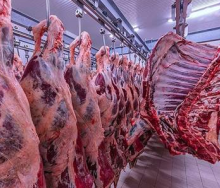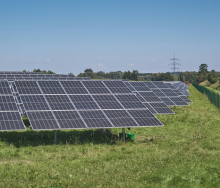South Africa’s economic outlook for 2022 is murkier than it was just a month ago, and growth is expected to slow due to the deterioration in global economic prospects and Eskom’s load-shedding.
This is according to the latest PwC SA Economic Outlook Report released this week which focuses on the local impact of the disruption in Central and Eastern Europe due to the Russian invasion of Ukraine.
While the latest RMB/BER Business Confidence Index (BCI) noted that local sentiment measures were back to the long-term average during the first quarter, the survey for the 2022Q1 edition of the report was completed ahead of the invasion of Ukraine and renewed disruption in global supply chains, PwC noted in its report. The survey was also completed before commodity prices started rising and the return of load-shedding level 4 in the second week of March.
“The BER noted that consumer sentiment deteriorated compared to 2021Q4 as the unfolding humanitarian crisis and the economic ramifications of the conflict shook consumer confidence levels around the globe. When taking into account the final GDP data for 2021, as well as the deteriorated global economic outlook over the past month, we now forecast a real GDP growth rate of 2% this year, from 2.3% previously, with continued downside risk,” PwC said.
“The downside scenario of higher inflation, weaker external demand, and elevated levels of load-shedding is now much more likely to materialise. Unreliable power supply remains the country’s largest growth inhibitor. We estimate that load-shedding reduced real GDP growth by three percentage points last year,” PwC said.
According to the Council for Scientific and Industrial Research (CSIR), Eskom shed 554 gigawatt hours (GWh) of energy in the first two-and-a-half months of 2022, equal to 261 hours of outages. On a monthly average basis, that was already 5% higher compared to 2021. “Alongside this weaker economic outlook is even greater concern about the speed of the country’s jobs recovery. There is little scope for South Africa’s unemployment rate to improve (decline) this year if local business sentiment is weighed down by these international factors,” PwC said.
As economic growth moderates back towards 1.5% over the long term, the unemployment rate is likely to rise.
“A higher long-term average growth rate is needed to arrest this continued deterioration. A substantial and sustainable increase in economic and jobs growth is only possible if South Africa can improve on three key growth constraints: electricity reliability, workforce skills, and private sector investment,” PwC said.
Global GDP growth could also be one percentage point lower this year compared to the projections made before the conflict.













